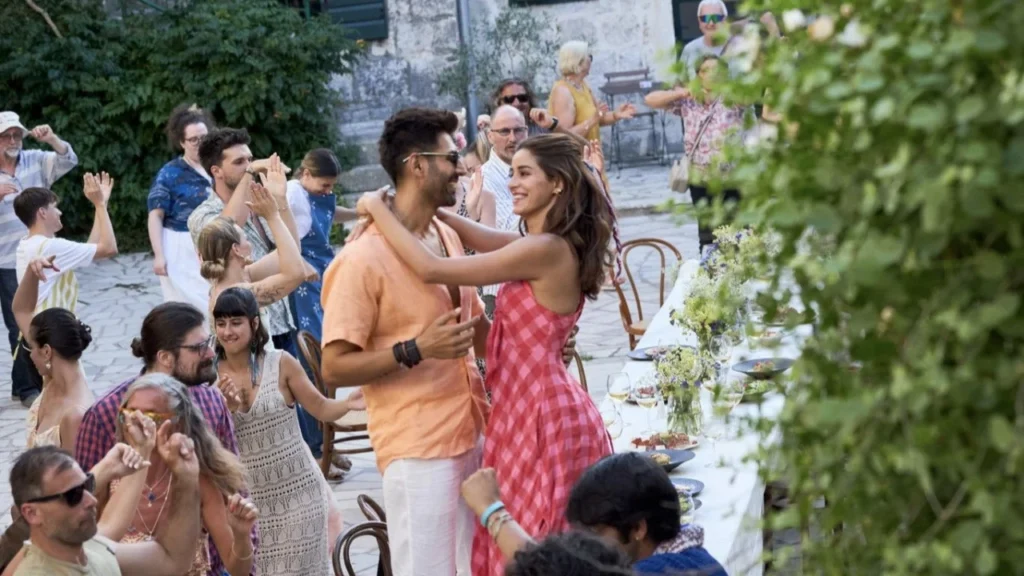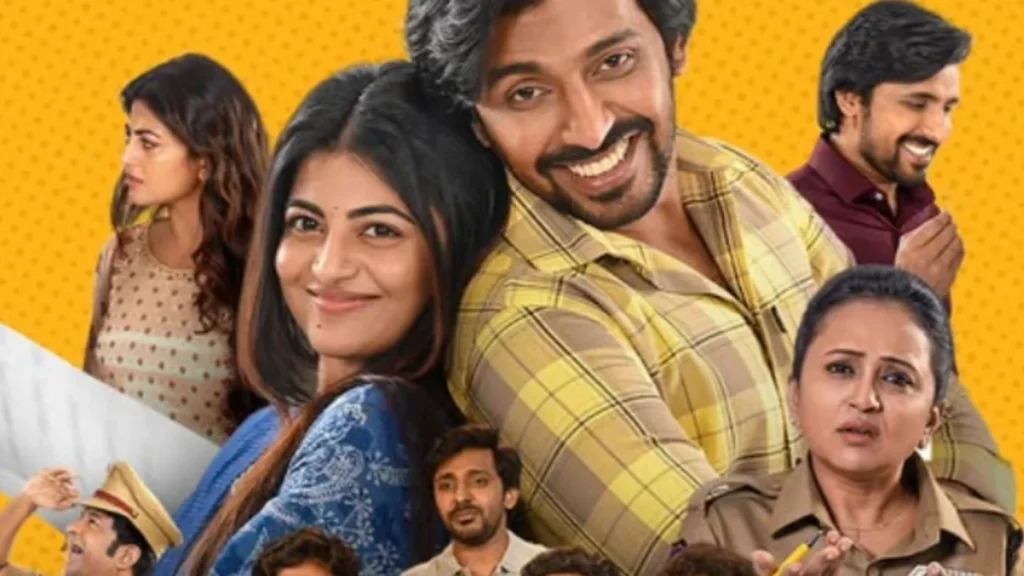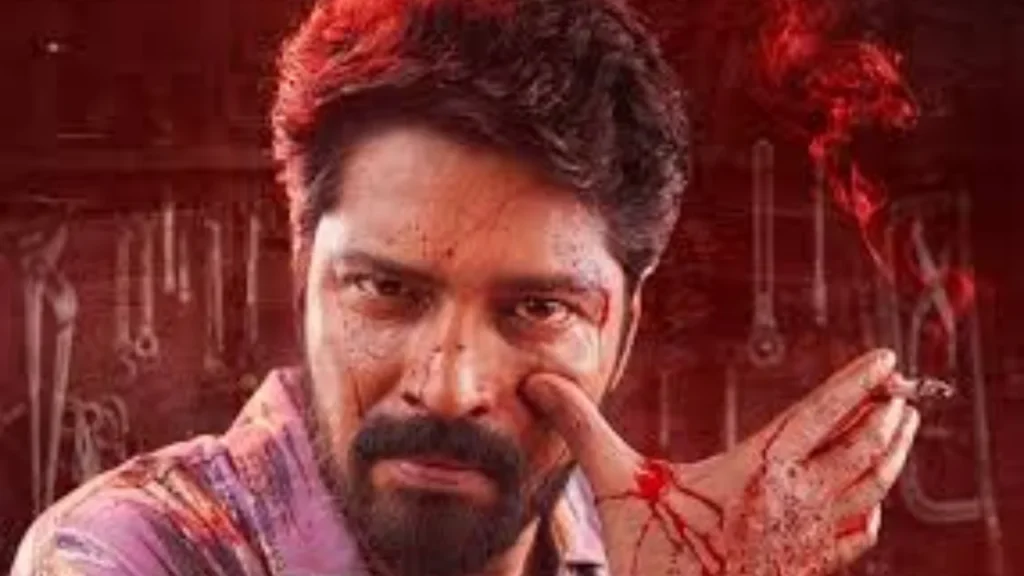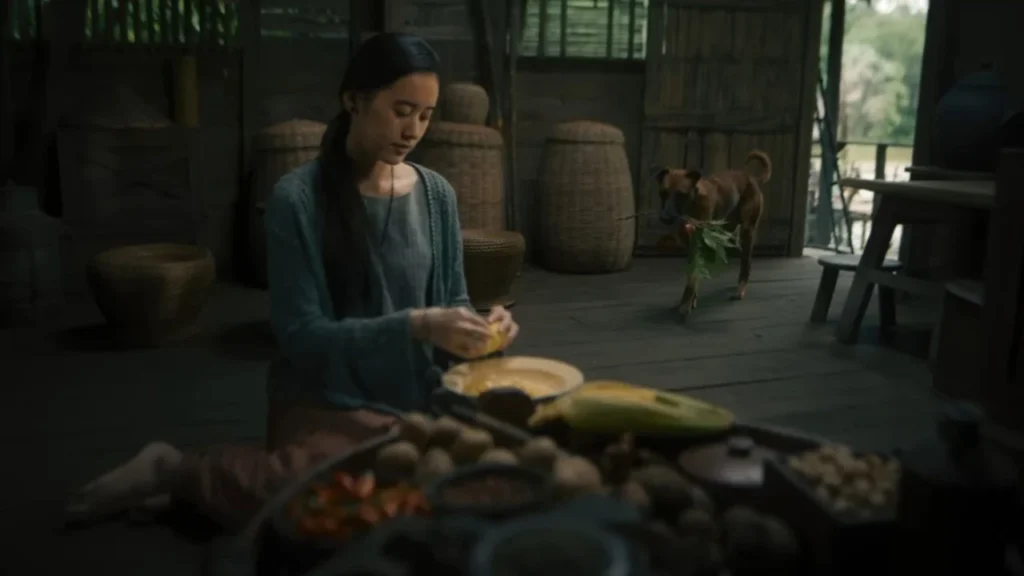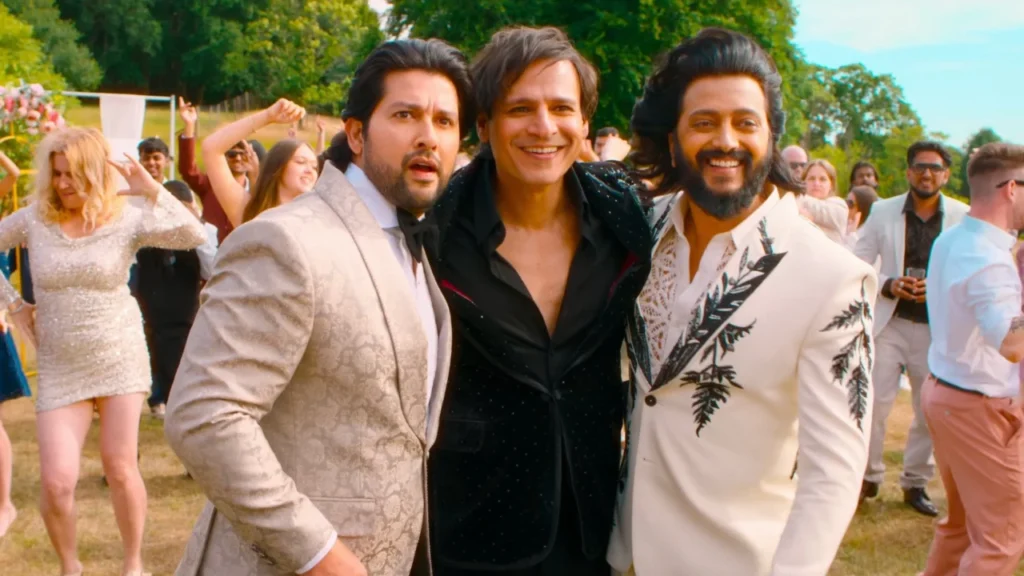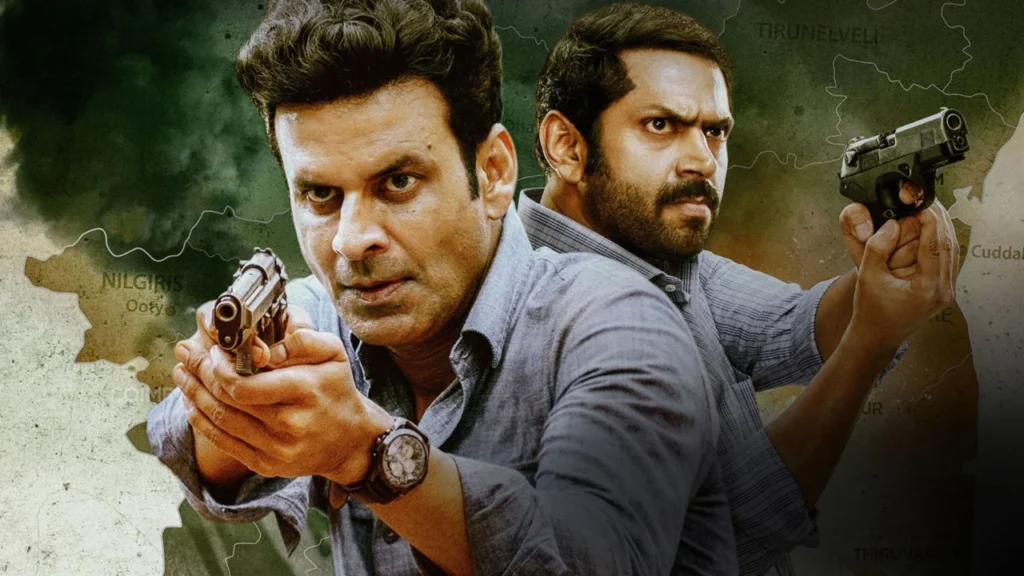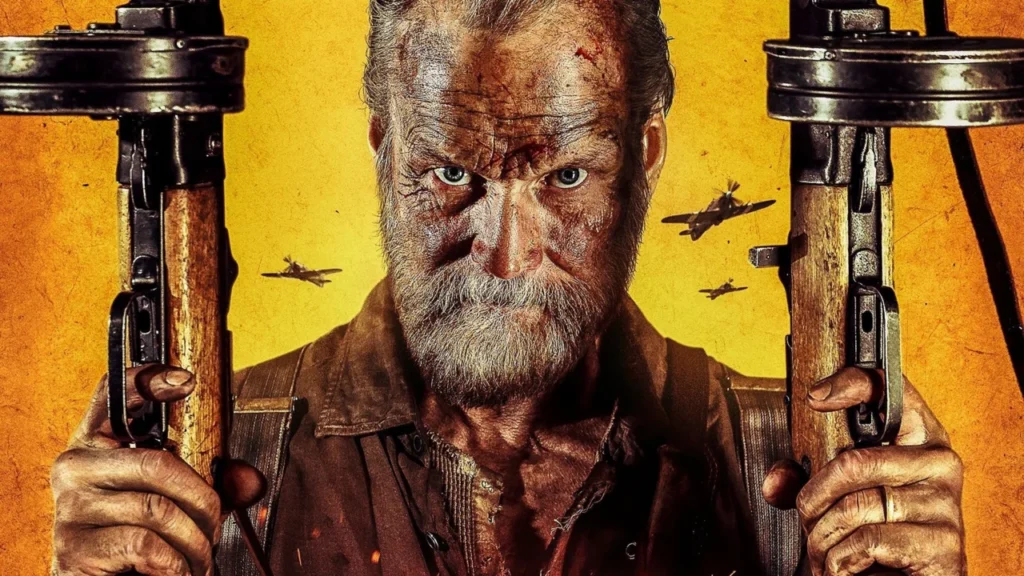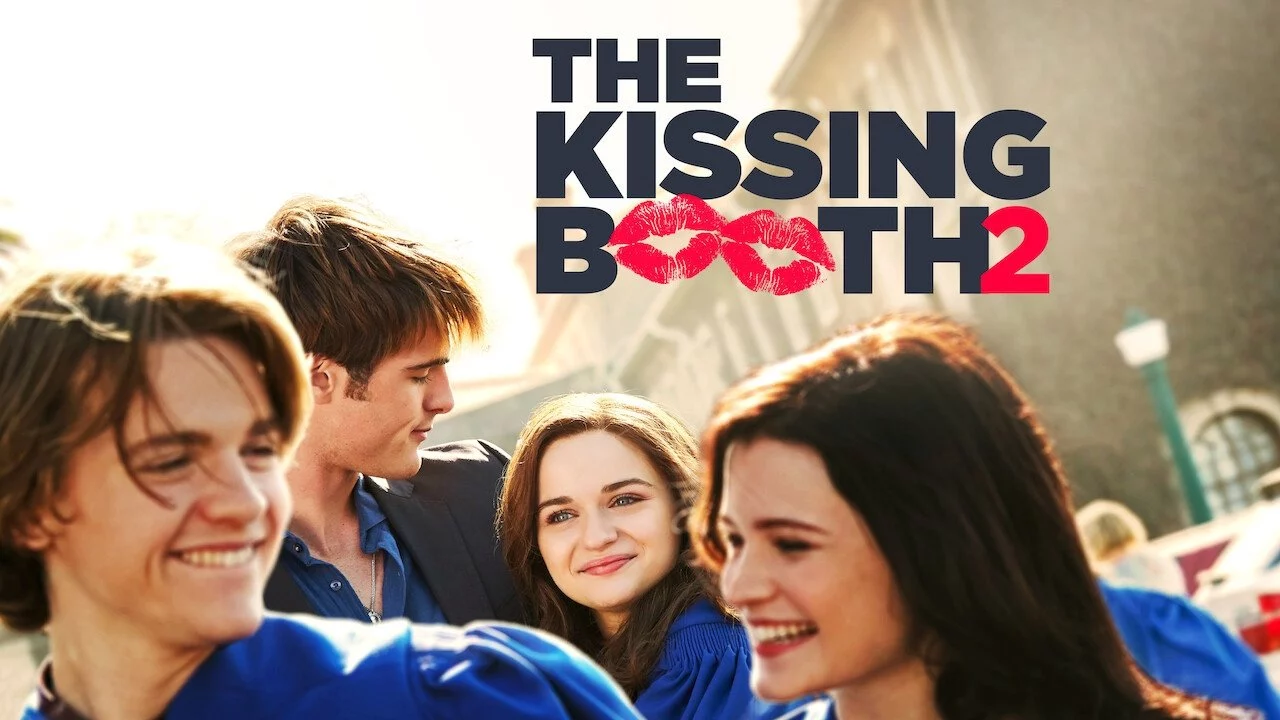
The Kissing Booth 2 (2020) Movie ft. Jacob, Joel, and Joey

Introduction
The Kissing Booth is a 2018 American teen romantic comedy film written and directed by Vince Marcello, based on the 2012 novel by Beth Reekles. It stars Joey King, Jacob Elordi, and Joel Courtney. Released exclusively on Netflix on May 11, 2018, this teen romance follows Elle Evans (King), whose budding romance with bad boy Noah Flynn (Elordi) threatens her lifelong friendship with Noah’s younger brother Lee (Courtney).
Despite being heavily criticized by film critics, The Kissing Booth became a massive commercial success for Netflix. According to Netflix, one in three viewers re-watched the film, leading to the production of two sequels and establishing itself as one of the platform’s most-watched original films.
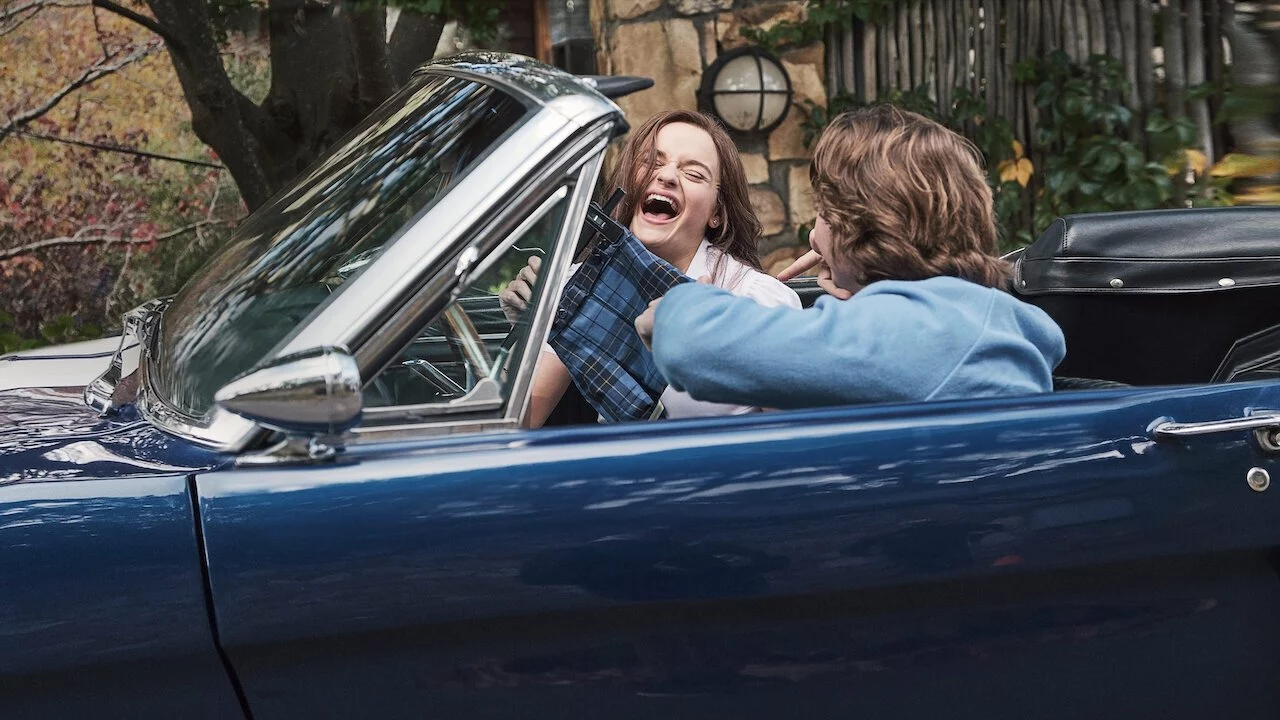
Plot and Storyline
The story centers around Elle Evans (Joey King) and Lee Flynn (Joel Courtney), who have been best friends since birth. To protect their friendship, they created a set of rules including rule #9: relatives totally off limits, especially Lee’s older brother Noah (Jacob Elordi).
The plot kicks into motion when Elle and Lee organize a kissing booth for their school’s spring carnival. When Noah kisses the blindfolded Elle, it sparks a forbidden romance that threatens to destroy the lifelong friendship between Elle and Lee.
The storyline follows predictable teen romance tropes, exploring themes of first love and friendship loyalty. However, the film’s narrative relies heavily on familiar rom-com conventions that feel tired and unoriginal.
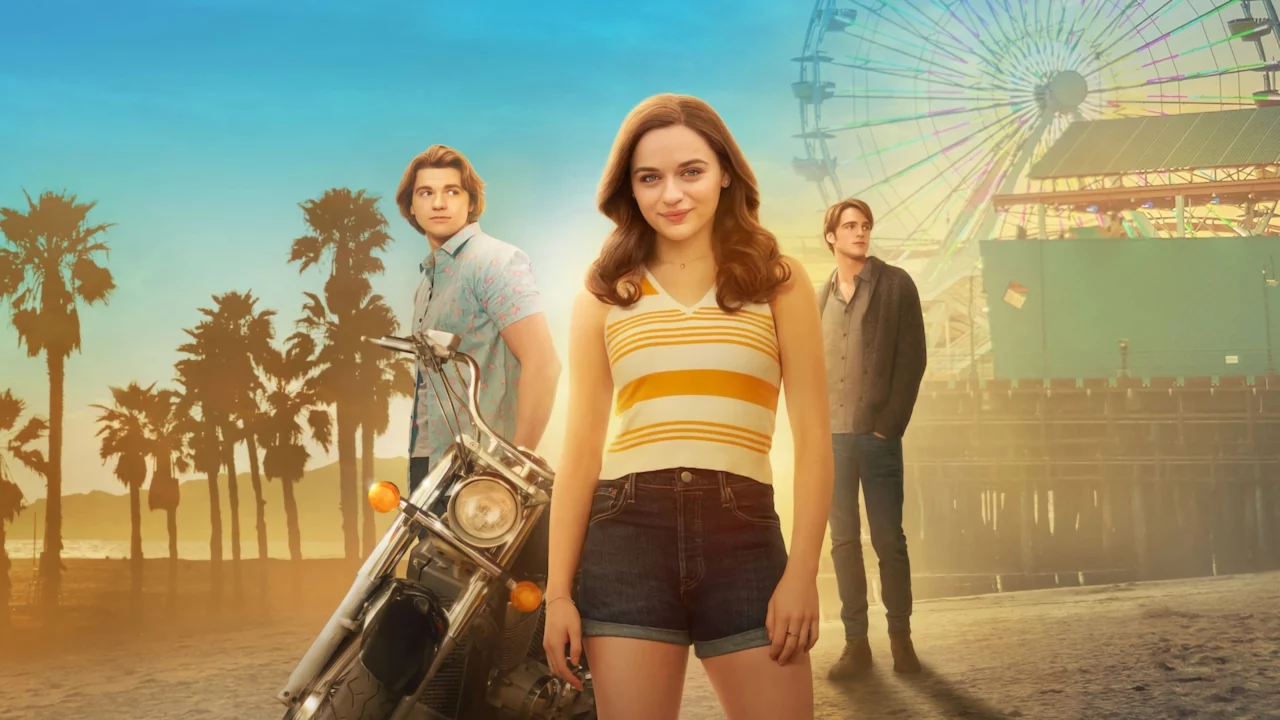
Cast Performances
Joey King as Elle Evans delivers a committed performance despite working with limited material. King brings natural charisma to the role, though her character often lacks agency. Her portrayal captures the awkwardness of teenage romance effectively.
Jacob Elordi as Noah Flynn embodies the classic bad boy archetype with convincing intensity. His performance balances Noah’s intimidating exterior with moments of vulnerability, though the character’s controlling behavior raises concerning questions.
Joel Courtney as Lee Flynn provides solid support as the loyal best friend. However, his character often feels more like a plot device than a fully realized person.
Molly Ringwald appears as Noah and Lee’s mother, providing nostalgic connection to classic 80s teen films, though her screen time is limited.
What We Liked
The film succeeds in capturing the heightened emotions of teenage romance. An appealing cast, idyllic setting, and forbidden romance provide lots of teen appeal. The movie’s nostalgic references to 1980s teen films create an appealing retro atmosphere.
I found the chemistry between King and Elordi to be genuinely engaging. Their on-screen connection helps sell the central romance despite script limitations. The film’s production values are solid, with vibrant cinematography that captures the sun-soaked California setting effectively.
The school carnival sequence, centered around the titular kissing booth, provides colorful and energetic visuals. The soundtrack, while heavy on nostalgic 80s references, generally supports the film’s tone well.
Areas for Improvement
The most significant issues lie in the film’s problematic portrayal of relationships. Noah’s character exhibits controlling and possessive behavior, including threatening other boys who show interest in Elle. The film presents this as romantic rather than recognizing it as a serious red flag.
I was particularly troubled by Elle’s lack of agency throughout the story. She constantly finds herself caught between two male characters who make decisions about her life. This sends a concerning message to young viewers about healthy relationships.
The script relies heavily on tired rom-com clichés without adding fresh perspectives. The dialogue often feels forced and unnatural, with characters speaking in ways that don’t reflect how real teenagers communicate. There are also noticeable pacing issues, with too much time spent on setup.
Direction and Technical Aspects
Vince Marcello’s direction is technically competent but lacks distinctive vision. The film feels safe and conventional, rarely taking creative risks that might elevate the material. The editing maintains a brisk pace, though some sequences drag unnecessarily.
The cinematography effectively captures the bright California aesthetic that appeals to the target demographic. The production design successfully creates the idealized high school environment that serves the fantasy elements.
Critical Reception and Ratings
The Kissing Booth was panned by critics. On Rotten Tomatoes, the film has an approval rating of 17% based on 12 reviews. Professional critics consistently criticized the film’s sexist themes and lack of originality.
However, audience reception was different. The film received a 56% audience rating with over 2,500 ratings, indicating that despite critical disdain, many viewers found entertainment value in the romantic fantasy.
Common Sense Media noted that while the film has problems with pace and predictable resolution, it provides lots of teen appeal through its appealing cast and forbidden romance theme.
Public and Audience Response
Despite critical backlash, The Kissing Booth became a cultural phenomenon among its target audience. According to Netflix, the high re-watch rate was 30 percent higher than the average movie re-watch rate on the platform.
Netflix’s chief content officer called it one of the most-watched movies in the country, and maybe in the world. The film’s success led directly to the production of two sequels. Social media response was largely positive among younger viewers who embraced the film’s romantic fantasy.
Final Verdict
The Kissing Booth succeeds as lightweight entertainment for its target demographic while failing as meaningful cinema. I found that the film offers exactly what its title promises – a sweet, if superficial, romantic fantasy that captures teenage emotions.
Joey King’s committed performance and the undeniable chemistry between the leads help elevate material that could have been forgettable. However, the film’s problematic themes regarding consent and relationship dynamics prevent it from being truly recommendable.
The controlling behavior presented as romantic, the lack of character growth, and reliance on outdated gender stereotypes make this concerning media for impressionable viewers. For those seeking mindless romantic entertainment, it delivers on basic promises, but falls short for viewers hoping for thoughtful storytelling.
Rating: 2.5/5

